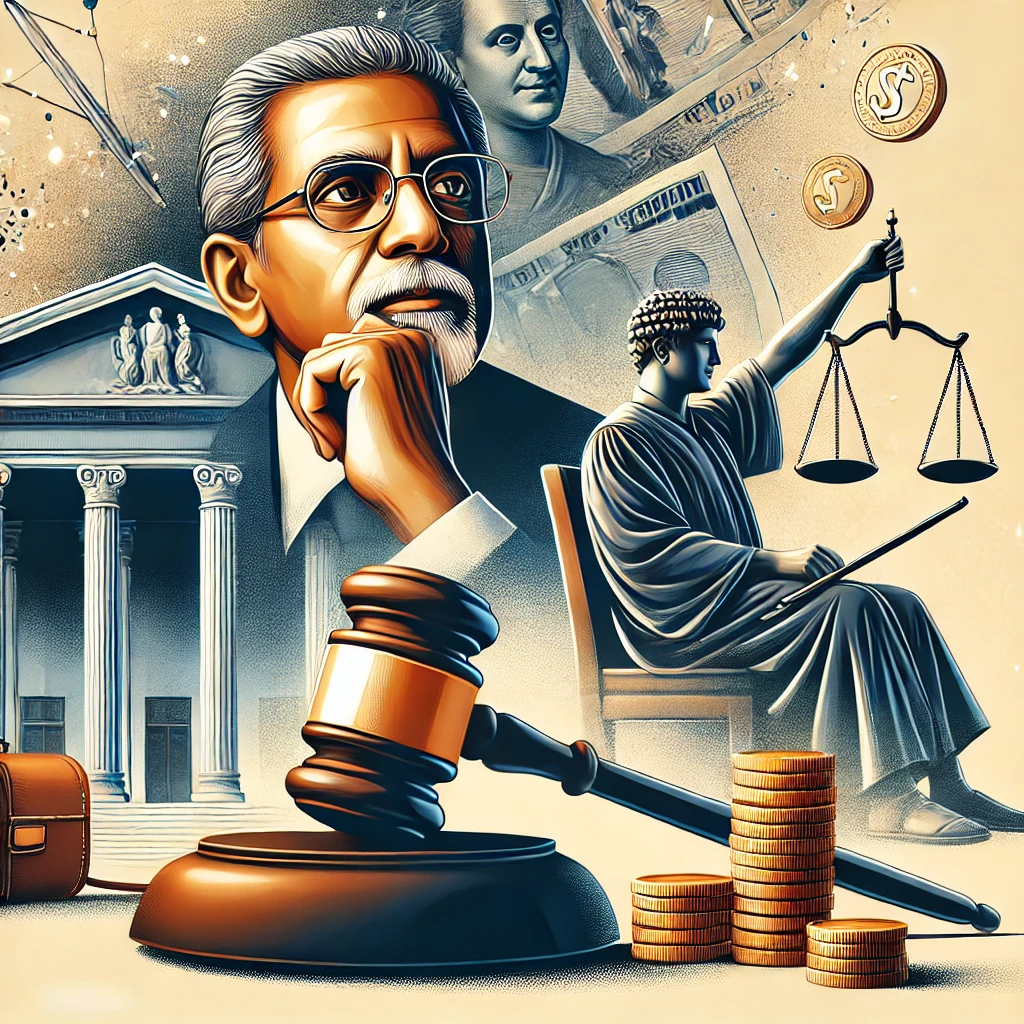
States Have Money for Freebies But Can't Pay Judges: Supreme Court
In a recent hearing, the Supreme Court of India expressed concern over state governments’ financial priorities, particularly regarding the timely payment of judicial salaries. The Court highlighted the inconsistency between states allocating substantial funds for populist schemes and freebies while failing to ensure prompt salary disbursements to judges.
Background:
The issue arose during deliberations on the delayed salary payments to judges of the Patna High Court. Justice Rudra Prakash Mishra, appointed on November 4, 2023, had not received his salary for ten months due to the absence of a General Provident Fund (GPF) account. This delay prompted the Supreme Court to intervene.
Supreme Court’s Observations:
A bench comprising Chief Justice of India (CJI) DY Chandrachud, Justice JB Pardiwala, and Justice Manoj Misra underscored that expecting judges to work without remuneration is unacceptable. The Court issued an interim order directing the State of Bihar to disburse all pending salaries and arrears to Justice Mishra from the date of his entitlement. Additionally, the Court instructed the state to establish a provisional GPF account to facilitate the payment.
The bench remarked, “Interim directions are necessary since no judge can be expected to work without the payment of salary.” This statement reflects the Court’s stance on the essential nature of timely salary disbursements to maintain judicial independence and efficiency.
Concerns Over State Expenditures:
The Supreme Court criticized the state’s financial management, pointing out the paradox of states having sufficient funds for various populist schemes and freebies but failing to compensate individuals deprived of their property without due process. The Court emphasized that while public welfare schemes are essential, they should not come at the expense of constitutional obligations, such as ensuring the judiciary’s financial independence.
The bench noted, “We are constrained to make these observations. You have thousands of crores to spend on freebies but cannot compensate a person deprived of land without due process.”
Implications:
This situation underscores the critical need for state governments to prioritize the financial needs of the judiciary, ensuring that judges receive their rightful remuneration without undue delays. The Supreme Court’s observations serve as a reminder that while welfare schemes are important, they should not overshadow the fundamental responsibilities owed to constitutional functionaries.
Conclusion:
The Supreme Court’s intervention highlights the importance of maintaining the judiciary’s financial autonomy and the necessity for state governments to balance their expenditures. Ensuring timely payment of judicial salaries is not merely an administrative duty but a constitutional obligation that upholds the integrity and independence of the judicial system.












comments